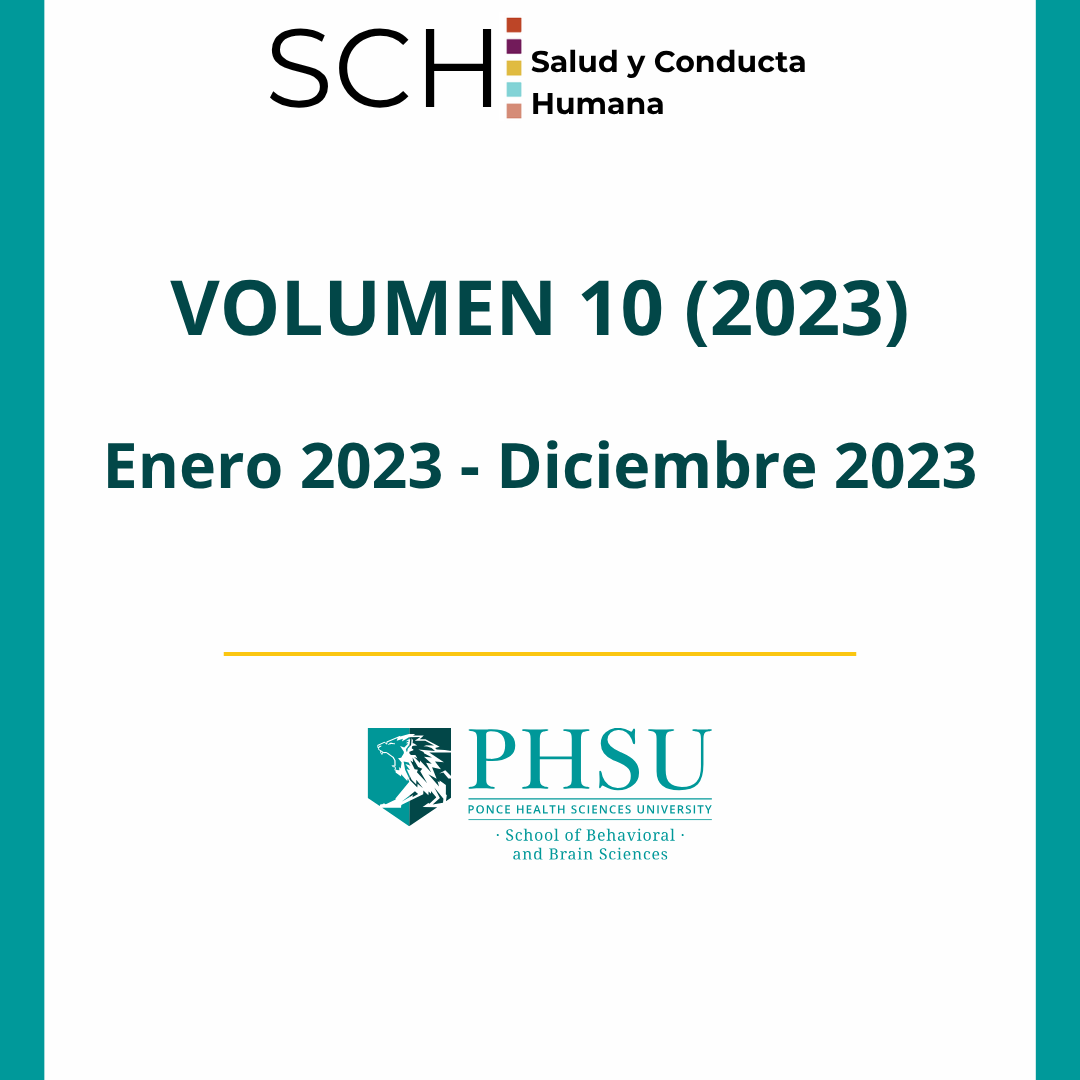Characterization of Myeloid-Derived Suppressor Cells in Response to Restraint Stress in Preclinical of Ovarian Cancer
DOI:
https://doi.org/10.71332/0evdak24Resumen
Ovarian cancer (OC) is the fifth-leading cause of cancer death among females in the United States. Myeloid-derived suppressor Cells (MDSCs) are immature and immunosuppressive cells that play a key role in the tumor microenvironment (TME). Tumor-associated MDSCs aid immune evasion and are associated with poor prognosis in cancer patients. Chronic stress has been shown to increase tumor-associated inflammation and promote immune escape. However, the role of chronic stress on MDSCs infiltration and function in OC is poorly understood. This study aims to determine the role of chronic stress on MDSCs infiltration and biology in the TME. We hypothesize that restraint stress results in the upregulation of MDSCs infiltration in TME. To address this, we inoculated 3 to 4-month-old C57BL/6 female mice with ID8 or IG10 ovarian cancer cells and subjected them to restraint stress (2 hours daily) for 6-8 weeks. Unstressed mice were used as controls. Upon sacrifice, tumors were collected for immunofluorescence (IF) and flow cytometry (FC) analyses. IF and FC were used to characterize MDSCs by the expression of cell surface markers (CD11b+ and Gr-1+ (Ly- 6G/Ly-6C)). Our results suggest that chronic restraint stress led to increased infiltration of MDSCs in the TME in ID8 (p=0.0018) and IG10 (p=0.0018) mouse models. Also, FC results show an increased infiltration of MDSCs (CD11b+/Ly-6G) (p=0.04) in IG10 tumors. These data suggest that biobehavioral stressors and neuroendocrine system activation may modulate the OC TME, specifically the regulation and function of MDSCs, which impact the OC progression and TME immunosuppression.
Descargas
Descargas
Publicado
Número
Sección
Licencia
Derechos de autor 2025 Salud y Conducta Humana

Esta obra está bajo una licencia internacional Creative Commons Atribución 4.0.


